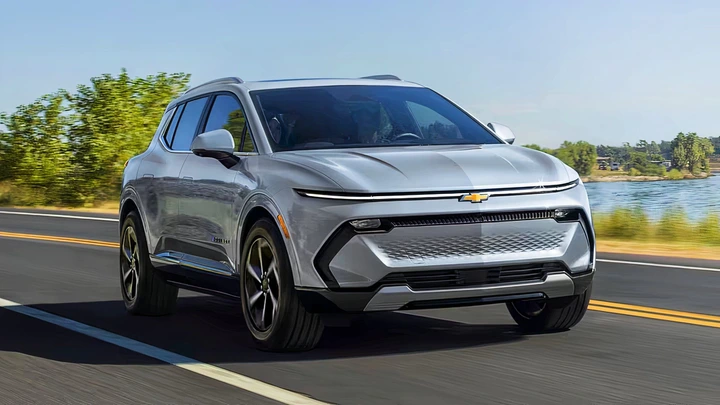Stricter Regulations Lead to Lower Federal EV Tax Credit Eligibility in 2025

View pictures in App save up to 80% data.
As a result of new regulations governing how automakers must source the materials for their electric car batteries, several models from automakers like Jeep, Rivian, and Ford have lost their eligibility for the $7,500 federal EV tax credit instituted by President Biden's Inflation Reduction Act . Others, like Hyundai, have meanwhile gained eligibility. All told, more vehicles are eligible in 2025 than last year (27 total compared to 22 last year), but some popular models have lost their eligibility.

View pictures in App save up to 80% data.
The immediate elimination of tax credits might significantly impact electric vehicle sales, yet over time, it may prove to be inconsequential.
What Developments Occurred in 2025?
This year, the credit has been divided into two parts. Vehicles can receive half of the $7,500 credit if both the vehicle and its batteries are manufactured in America. The complete amount is available for vehicles whose battery materials are obtained from sources outside of what the U.S. designates as "foreign entities of concern," which include countries like China, Iran, Russia, and North Korea. To qualify, 60% of the battery materials must be extracted or processed in the U.S. or by one of its free-trade partners, with this requirement increasing to 80% by 2027.
There are pricing thresholds that must be met: The maximum sticker price for trucks, SUVs